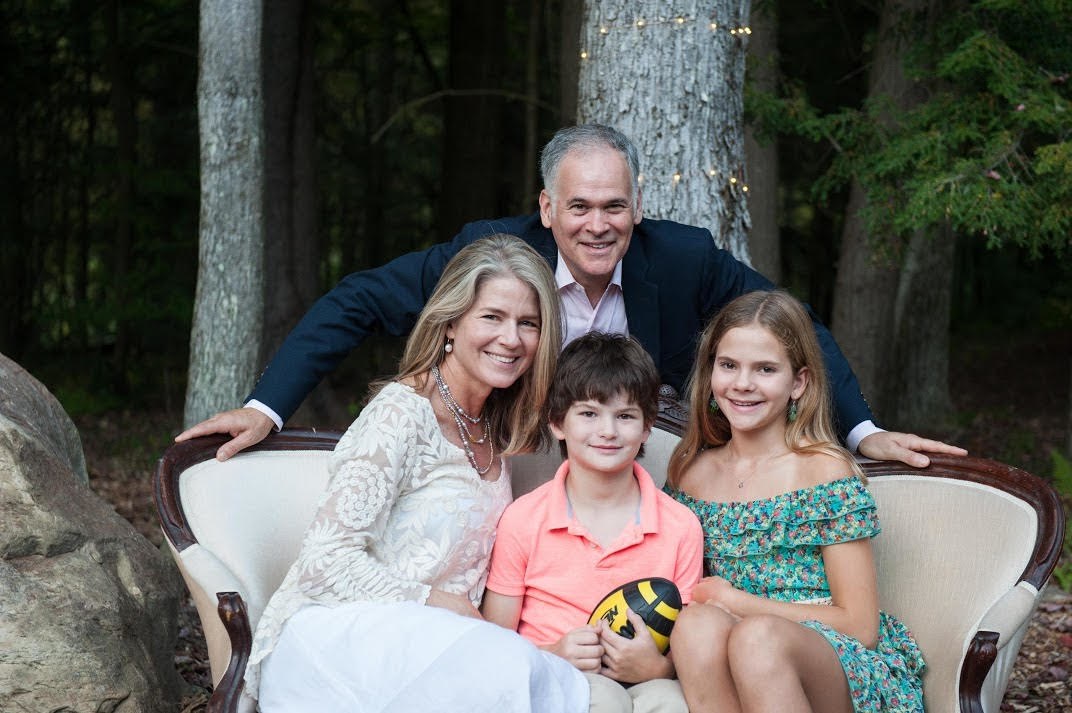Our Children Have My Last Name. No, My Husband Doesn't Mind

When my daughter was born in 2005, my husband and I decided to give her my last name. At the time, the choice felt more personal and practical than political. My husband, whose last name is Ryan, already had two sons who bore his surname. Between his five siblings and him, there were eleven grandchildren carrying on the Ryan name. We Brodeurs did not have the same numbers on our side. At the time of my daughter’s birth, it seemed possible that she might be the only child of her generation. Three years later, when our son was born, we deliberated for longer—was it fair that both children should have my name?—before deciding that he, too, would be a Brodeur. (Both children have the middle name Ryan.)
Bucking the system didn’t go unnoticed. Even though my friends, mostly progressive, were supportive of the decision, almost every one of them raised a flag of hesitation: Would it somehow undermine our sense of family? Would our children be teased? And the biggie: How did my husband really feel? Beneath every reaction, even from people who clearly admired the choice, lay the assumption that my husband must be a pushover and I, a master manipulator.
My husband shrugged it off.
From my own anecdotal research, of the very few heterosexual married couples who opt to pass along the mother’s last name, most do so for the same reason as we did: the mother’s lineage is at stake. But today, 14 years after making the initial decision, I have to acknowledge that preserving the Brodeur name wasn’t the only reason behind it. Now I can admit to something I wasn’t even aware of back then: I wanted my children to have my last name simply because I wanted it. I can feel a tinge of shame at the brazenness of this desire, but that emotion is followed quickly by a stronger one—anger.
The author with her husband and children.
China Jorrin
Men rarely feel guilty or question their motives when it comes to naming their progeny. They’re certainly not accused of being manipulative. Like so many privileges, it’s a given. In our failure to question patrilineality—literally the tracing of descent through the paternal line—or consider the alternatives, we take for granted the primacy of the male line and deny the mother’s history. The male monopoly on surnames in our culture goes back centuries and has its roots in the ownership and tracking of property, which then included wives, children, and slaves.
I’ve spent much of the last three years writing a memoir about the complicated relationship I have with my own mother, a primary love and powerful force in my life. In that time, I’ve explored the threads that link families across generations and the extent to which we can choose what we pass on to our children. To be sure, a name is one such choice. It binds a person to a familial line and history not only in legal and social ways, but in emotional ones, too. I am the child of both of my parents but, unquestionably, my mother had an outsized influence over me. Yet, it is my father’s name that I have passed onto my children. In her lifetime, despite having a successful and public career entirely of her own making, my mother used four different last names—her father’s and her three husbands’.